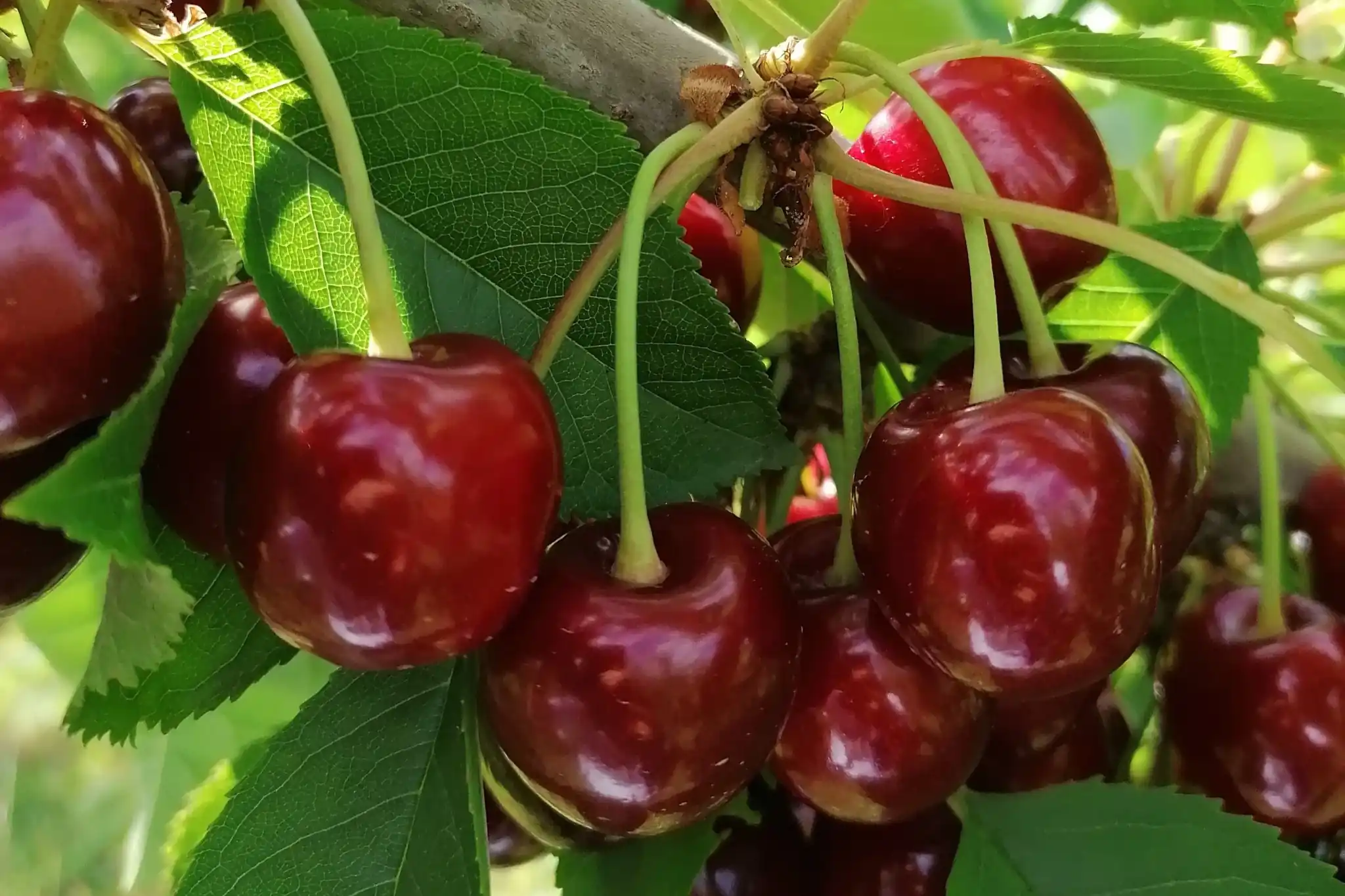Round or heart-shaped; sweet or rather tart; as small as grapes or as large as plums; more red or more burgundy, cherries are the stars of the summer season. They are an excellent choice for lunches, snacks, or summer desserts. But not for everyone.
Before addressing the main topic of this article, let's review the benefits of cherries. Their high content of nutrients, antioxidants, and bioactive compounds makes them a valuable element of any balanced diet.
In fact, cherries provide vitamins A, B1, B2, B3, B6, B9, C, and E. They are also a rich source of carbohydrates, especially simple sugars like fructose, glucose, and sucrose.
It is worth adding that these natural sugars act as a quick source of energy, making cherries a great snack to boost energy levels throughout the day. Despite their sweetness, cherries have a moderate caloric value, allowing them to be consumed without worrying about weight gain if eaten in moderation.
Since they contain these sugars, are they suitable for diabetics? According to Diabetes UK, fruit should be part of a diabetic person's diet, and cherries are no exception. In fact, the ideal recommendation is to eat 5 servings of fruits and vegetables per day. It is commonly believed that a serving of cherries ranging from 10 to 14 is a healthy portion.
In this review of the benefits of cherries, the Mayo Clinic states that it has been shown that cherry consumption is associated with a lower risk of gout attacks.
Another benefit is their high content of antioxidants, particularly anthocyanins, which have antioxidant and anti-inflammatory properties. These contribute to cardiovascular health by improving blood vessel function and reducing the risk of heart disease.
Moreover, cherries can improve sleep quality thanks to their content of melatonin, a hormone that regulates sleep-wake cycles and can help combat insomnia.
At the beginning, we said that cherries are the stars of the season, but not for everyone. Which people should not eat cherries?
Among the main reasons to avoid eating cherries is LTP allergy, which is caused by a reaction to lipid transport proteins present in plants. This is a complex allergy that can affect older children and adults; if they eat cherries, allergic individuals may experience itching, swelling, breathing difficulties, or even anaphylactic shock.
Likewise, cherries are not recommended in cases of liver or kidney failure, as these patients are advised to reduce their intake of potassium. Since cherries contain high amounts of this mineral, their consumption should be limited in these situations.
Who else should not eat cherries? Finally, their consumption is not recommended for people with digestive problems.
Source: Más Producción
Image: Saber Healthcare
Cherry Times - All rights reserved










